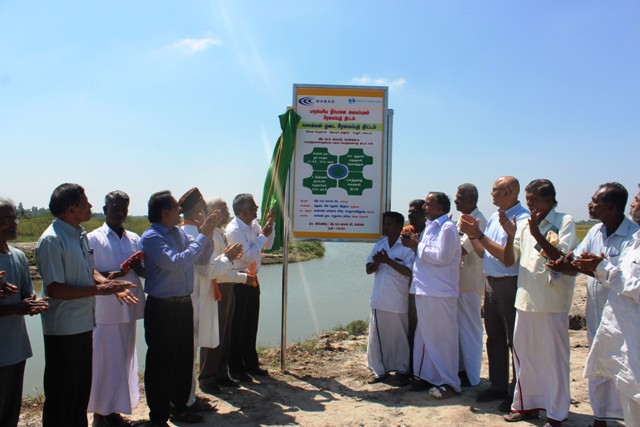Pro-farmer CSR initiative by WABAG for their livelihood
Related Articles
Young Men Enter Restricted Railway Premises, Trigger Alarm in Uttar Pradesh
A disturbing video that surfaced online appears to show a group of young men unlawfully entering a railway facility in Uttar Pradesh, sparking widespread...
AAP Slams BJP Over Alleged Expired Protein Bars in Mid-Day Meals
The Aam Aadmi Party (AAP) has accused the Haryana government, led by the Bharatiya Janata Party (BJP), of providing expired food items to children...
TMC MP Mahua Moitra Petitions Delhi High Court for Custody of Dog Henry
Trinamool Congress (TMC) Member of Parliament Mahua Moitra has taken legal action in the Delhi High Court, requesting custody of her pet Rottweiler, Henry....


